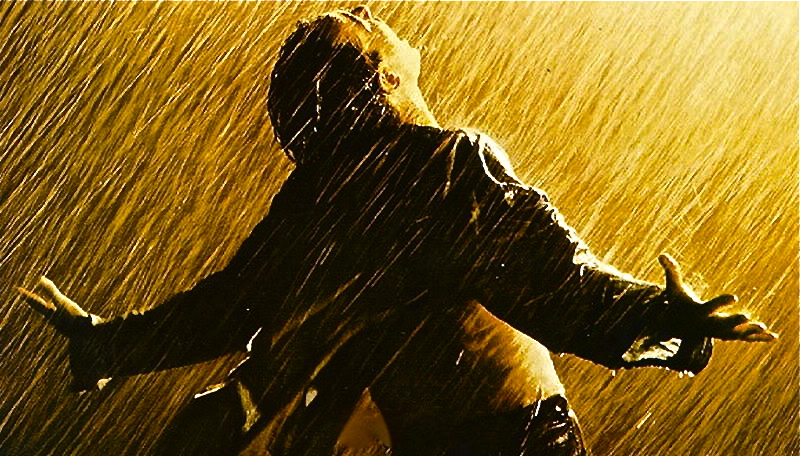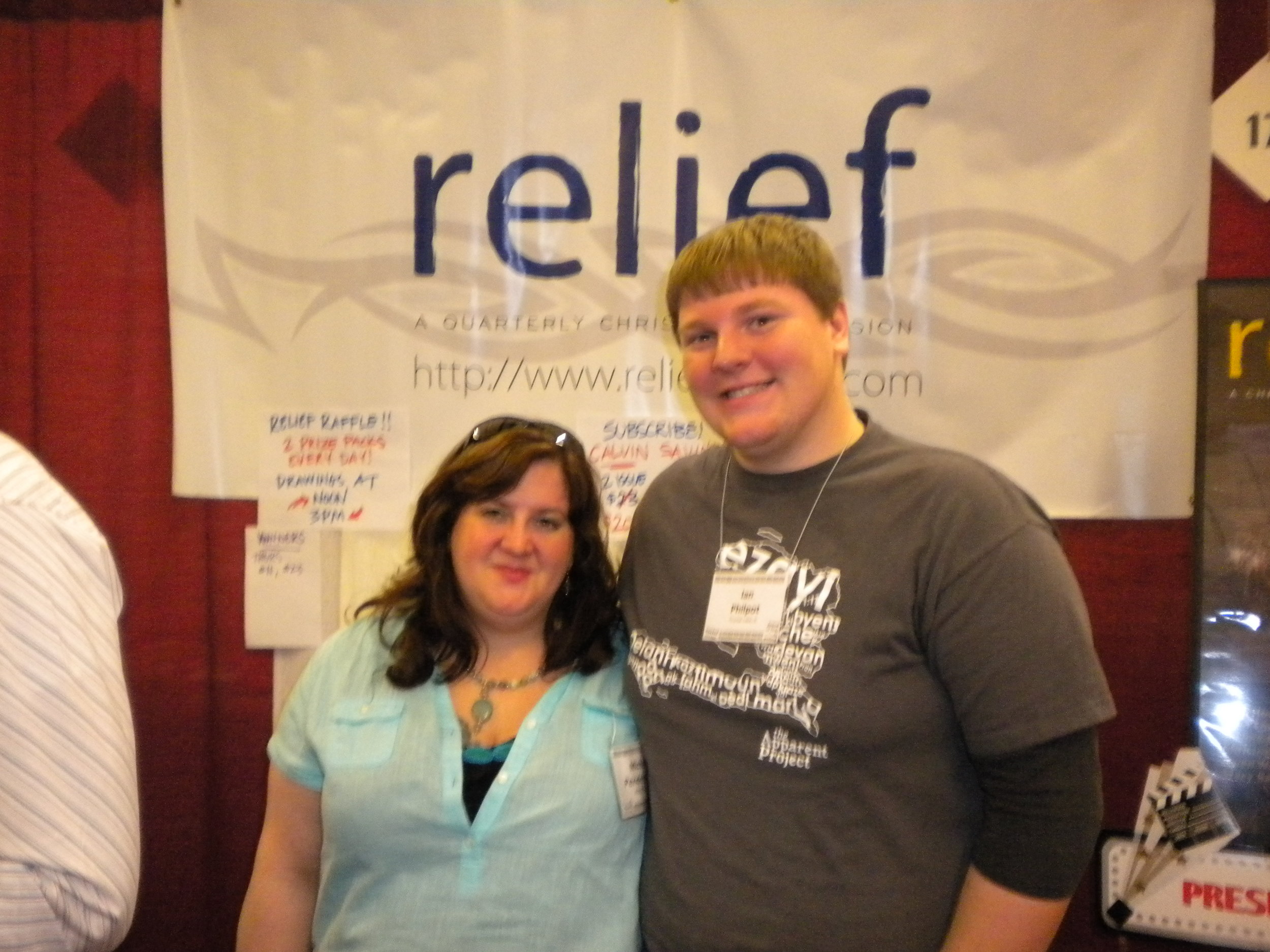
Susan is giving up Facebook for Lent.
Susan’s fingers instinctively reach for the F for Facebook.
Susan wants to check in with God fifty-million times a day, instead of checking for status updates.
Susan is grateful for the friend who emails her status updates the first day.
Susan wonders what role Facebook plays in her life, what boredom it staves off and what will become of her without it.
Susan has to go on Facebook the very first day – to retrieve business information from an old message. She shields the page with her hand, ignores the new message in the inbox and finds what she needs before exiting quickly.
Susan is not exactly praying more yet, but it has been a busy day.
Susan has realized she thinks of events now in terms of how she will frame or caption them for Facebook: how will life be shaped into a status update?
Susan thinks about how Facebook is utterly self-centred. What is the motto again: connecting and helping you share with friends. Something like that. But every sentence starts with me.
Susan has more than 25 random facts to tell you about herself. She is so fascinating. To herself. And can she employ her skills (Random Fact: Susan is good with words) to make you fascinated with her too?
Susan wonders what this Facebook fast is about, anyhow. Narcissus not being allowed to look into the pool? Perhaps.
Susan wants to express her feelings, to be heard. Is FB more gratifying than prayer? If a tree falls in the forest, does God hear? And will God comment on the status of the fall?
Susan misses the juiciness of the details. And can make a rational argument that FB is better than gossip or reading tabloid stories.
Susan decided not to break her fast on Sundays. It seems arbitrary and weak to take a break.
Susan’s grandma is sick and she wants to blurt it out once and get lots of nice notes back. Would that be so wrong?
Susan watches how she fills her Facebook hole and is not exactly proud. But I’m trying.
Susan thinks it’s funny to speak in the third person. Not the royal we. The self-reflexive she.
Susan really, really, really, really, really wants to go on Facebook. A lot. A really lot.
Susan is going to Italy tomorrow.
Susan is exploding with anticipation and she has already called everyone reasonable to call. Must. Get. Going. To. Italy. Presto.
Susan hopes she is not sending her children into therapy by leaving them on the other side of the world.
Susan is dreadfully homesick, jetlagged and culture shocked but she has never ever seen such beauty.
Susan was wooed in a garden today.
Susan is in a quiet place: no Internet, no phone, no tv.
Susan’s thoughts are clearer, way clearer.
Susan was afraid to be alone for ten days with her husband and without her kids and the props of daily life, but now she loves it.
Susan is dreaming in Italian...un poco.
Susan is dazzled by beauty.
Susan is pondering.
Susan is learning that anxiety comes more often than I would like, but it goes too, every time.
Susan feared they would have to spend the night in the car when they got lost, but they got home. Grace.
Susan’s children are doing well. More grace.
Susan thinks people are delightfully kind.
Susan learned to make pasta.
Susan does not have Stendhal Syndrome, just Art Overload.
Susan may have had the happiest time of her life.
Susan can’t wait to be home.
Susan is dizzy with fatigue. Her kids are not.
Susan needs more beauty, less noise.
Susan is scared it will recede and fade. How do you hold onto it?
Susan is sorting things out, examining the things I stuffed away, preparing to enter the fray again.
Susan feels like my garden: boggy, slightly mildewed and winter-weathered, but with fresh green shoots of hope.
Susan is editing up a beautiful storm.
Susan is sleeping naked.
Susan is glad to see the world greening up.
Susan no longer feels like there is a glass ceiling between her and God.
Susan has fancy eyelids.
Susan can now write about prayer in a visceral way.
Susan feels surprisingly regretful at the end of Lent: do I want to start narrating my life again? Unlike other addictions, this one is social. Can you go to a party and just sit in the corner? Why not stay home?
Susan circles the site like a cold pool, dipping a toe in here and there, reluctant to take the plunge.
***
Susan Fish is a writer, editor, wife, and mother of three school aged children who lives in Waterloo, Ontario, Canada. Her first novel Seeker of Stars was published in 2005, while her second is still looking for a home. She is always intrigued by the signs people choose to erect on their garages, fields, or lawns, and once had both a pesticide sign and a Green party sign on her front lawn at the same time. Fortunately, she saw the irony in the situation. Susan's story "That Sign" can be found in Relief Issue 3.2.







